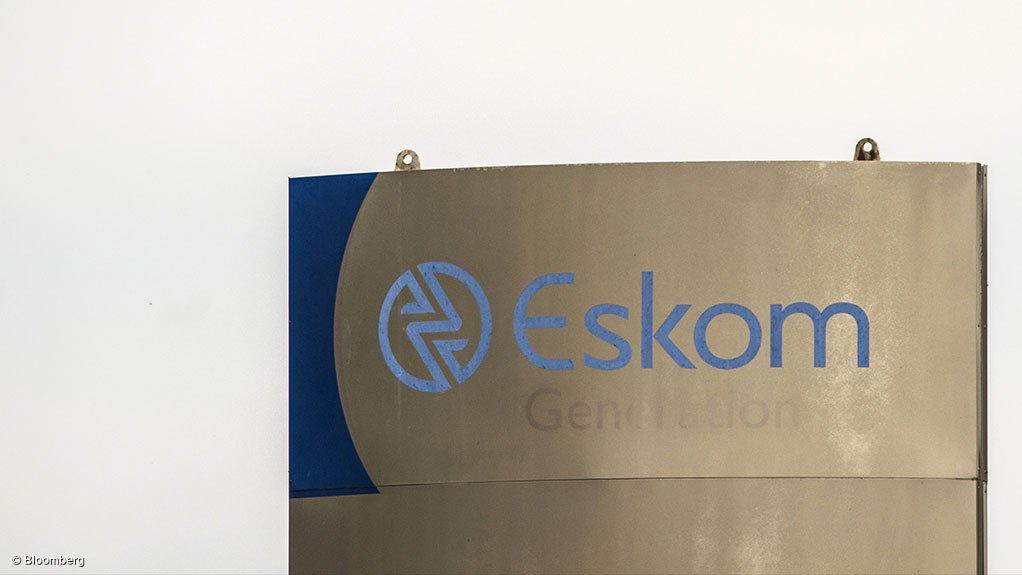Eskom, the beleaguered national electricity utility, is suffering from multiple system failures at power stations around the country brought about by poor planning, old and malfunctioning infrastructure, an acute lack of skills and a loss of institutional expertise.
Internal Eskom status updates reveal that a number of power stations across the country - including Koeberg nuclear power station, three turbines at two open cycle gas turbines on the west and south coasts, and various power stations in the northern parts of the country - have recently suffered a series of breakdowns, shutdowns and planned outages.
But, according to three sources inside with direct access to discussions at senior levels in Eskom, the national power grid is not currently in danger of collapse because the system includes a series of fail-safe mechanisms to prevent a total shutdown. If the grid starts to suffer a series of shutdowns which threaten it, large cities and towns are automatically removed to stabilise the system, News24 was told.
Electricity grid status updates, seen by News24, show that low stocks of coal are one of the main reasons for the recent round of load-shedding, which on Monday saw stage 6 implemented for the first time. Various other technical problems are also cited by Eskom systems engineers as causing shutdowns, including repairs to leaking boiler tubes, generator leaks, tripped turbines, gear failures, steam pipe failures and high turbine vibrations.
Information obtained by News24 from sources with direct access to internal updates suggest that the power stations most affected are Kendal in Mpumalanga (low levels of coal), Camden and Matla in Mpumalanga (boiler tube repairs) and Lethabo in the Free State (high steam pipe failure).
By Tuesday night the electricity shortage in the grid was expected to be 640MW.
It is also understood that half of Koeberg’s total generating capacity of around 1 800MW is out of commission because of planned maintenance, and that the planned date for the resumption of full generation has been pushed out from mid-December to mid-January.
There are also fears that three open cycle gas turbines at Ankerlig 1 and 2 on the West Coast and Gourikwa on the Western Cape's South Coast are in danger of overuse. These turbines were designed to be used for short periods during emergency outages, but according to Eskom sources with direct knowledge of operations, they are now operating full-time.
A source said Ankerlig and Gourikwa are under “frightening pressure”, that they are burning “millions of rands” of diesel daily and that supply cannot keep up with demand.
Plan of action?
Although Eskom has issued public status updates, there is no indication that there is a clear action plan to resolve the country’s energy crisis.
Neither Eskom’s management or board, nor Public Enterprises Minister Pravin Gordhan, have made public statements since the latest electricity crisis has struck. It is also unclear whether crisis meetings have been convened like when stage 4 load-shedding was announced in February and March this year.
Sam Mkokeli, Gordhan’s spokesperson, was unable to provide clarity about the minister’s plans or interventions. There has also been no information forthcoming from Eskom.
Gwede Mantashe, minister of mineral resources and energy, has however announced government will urgently open bidding from the private sector to fill the short-term gap in generation.
Tommy Wedderspoon, trade union Solidarity’s Eskom co-ordinator, said the power utility is doing its best to manage the creaking system and that there isn’t only single reason for load-shedding. He told News24 that there are a number of factors, including the loss of skills, poor maintenance, old infrastructure and poor planning that led to the company’s troubles.
“South Africans need to prepare for another three to four years of instability in electricity supply. And that’s if the new power producers come online as planned,” he said.
Eskom has been asked for comment. This story will be updated once it's received.
EMAIL THIS ARTICLE SAVE THIS ARTICLE
To subscribe email subscriptions@creamermedia.co.za or click here
To advertise email advertising@creamermedia.co.za or click here











